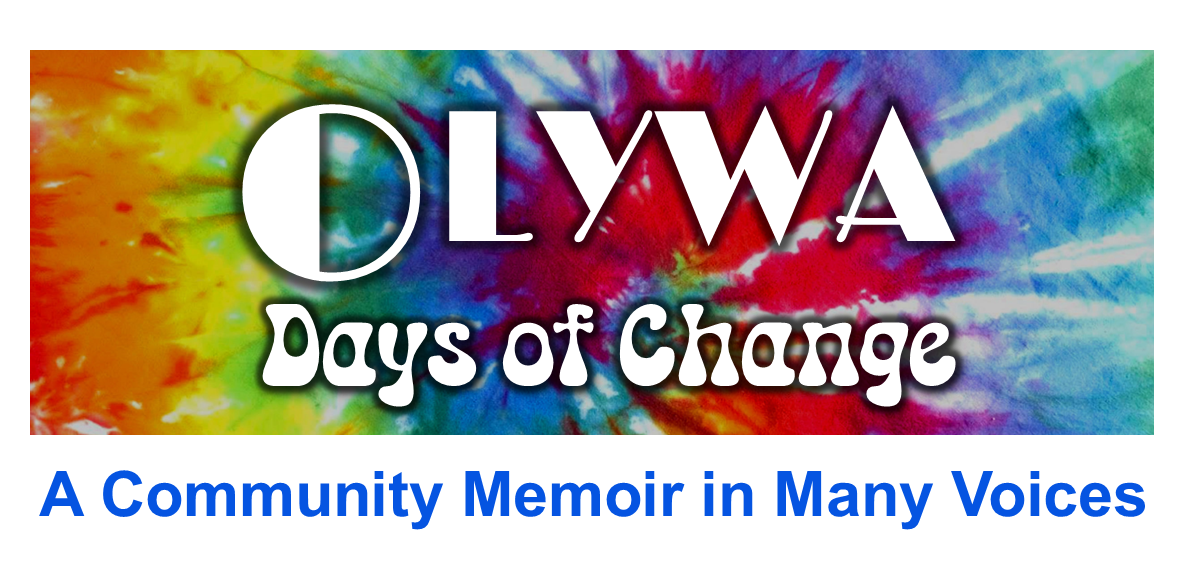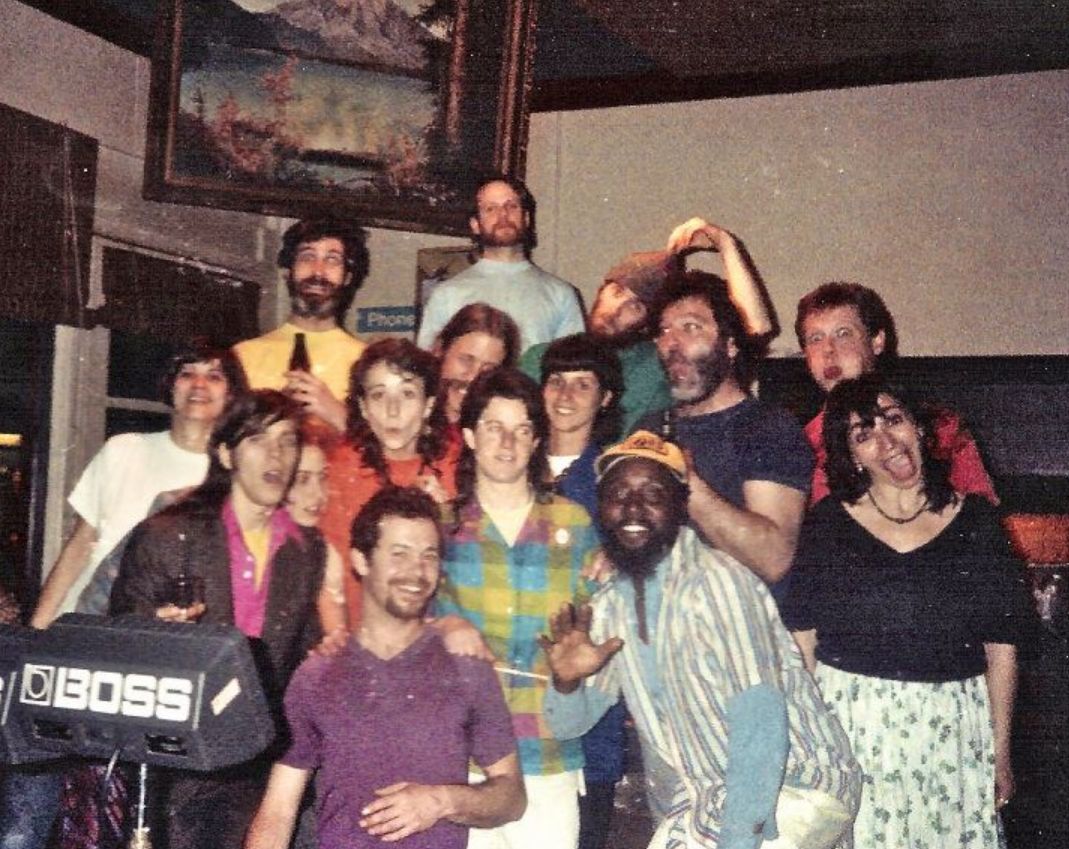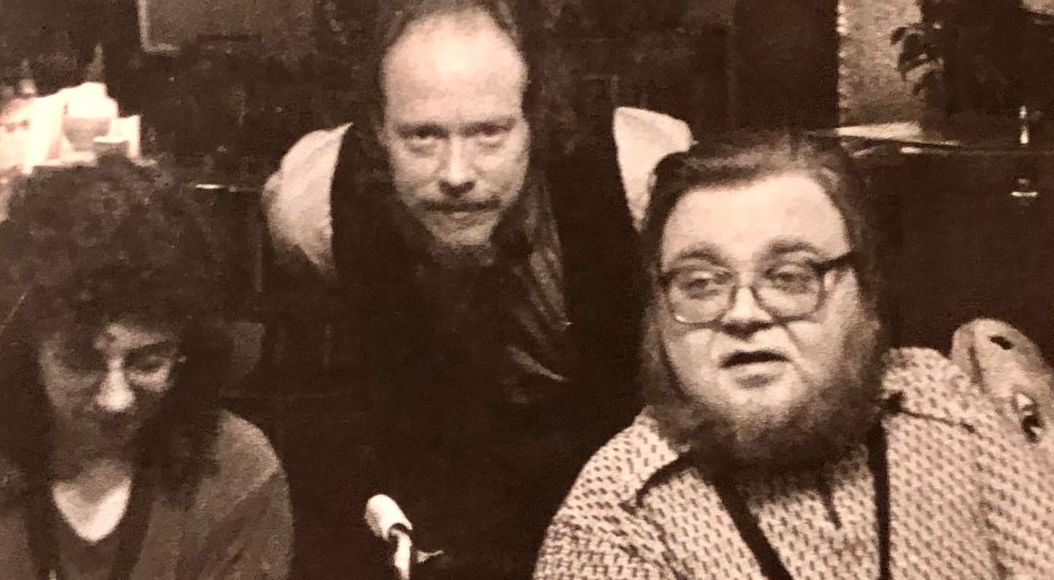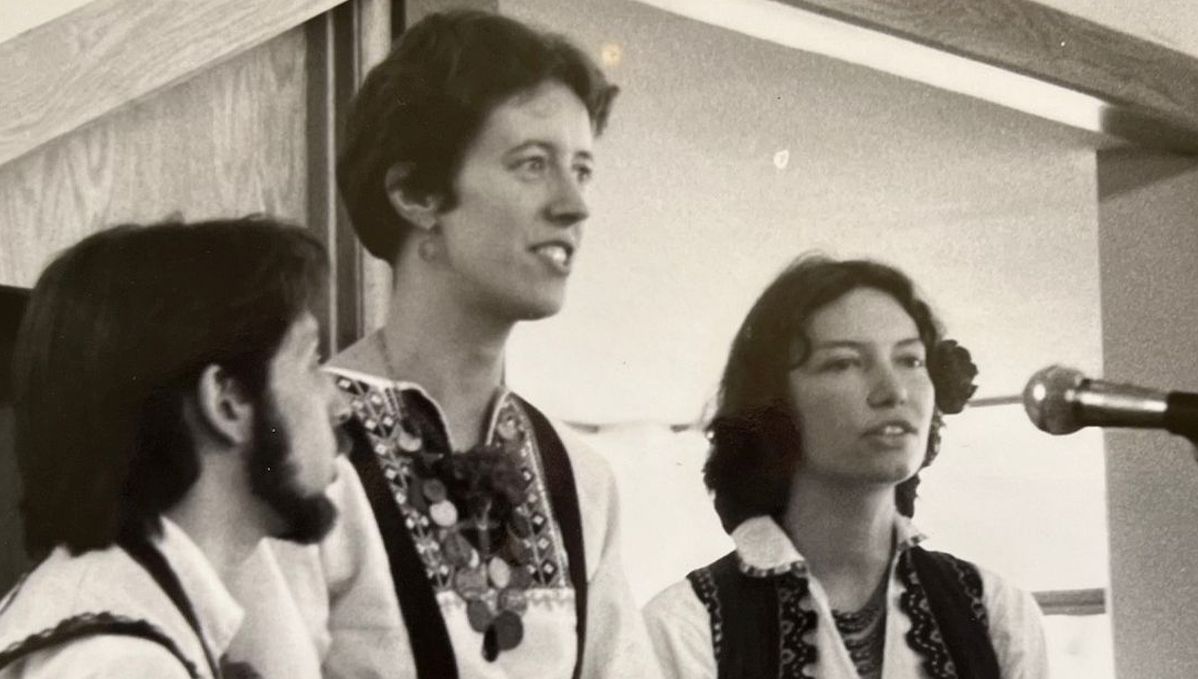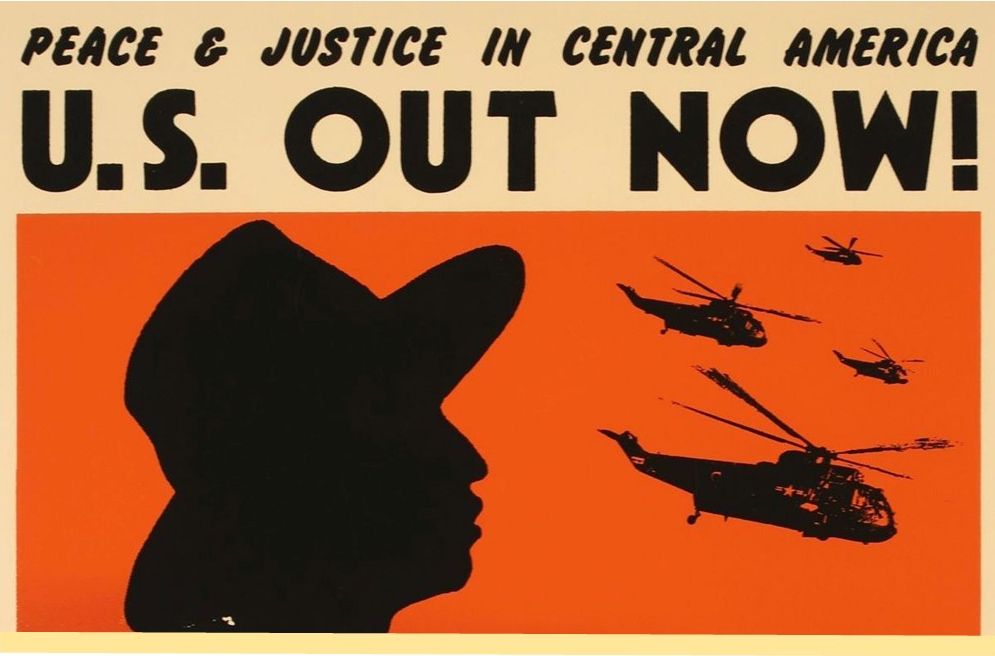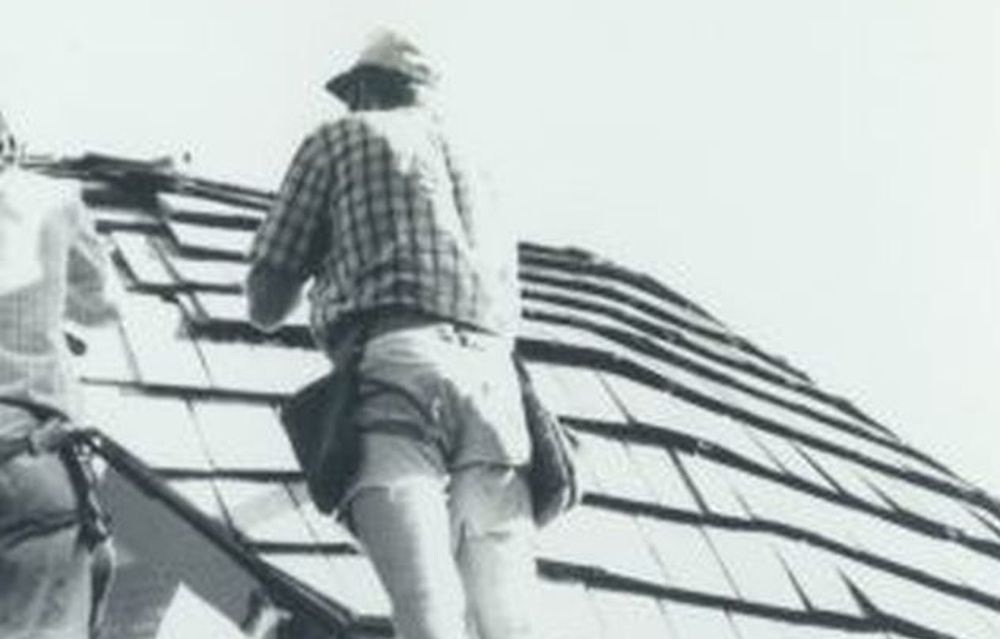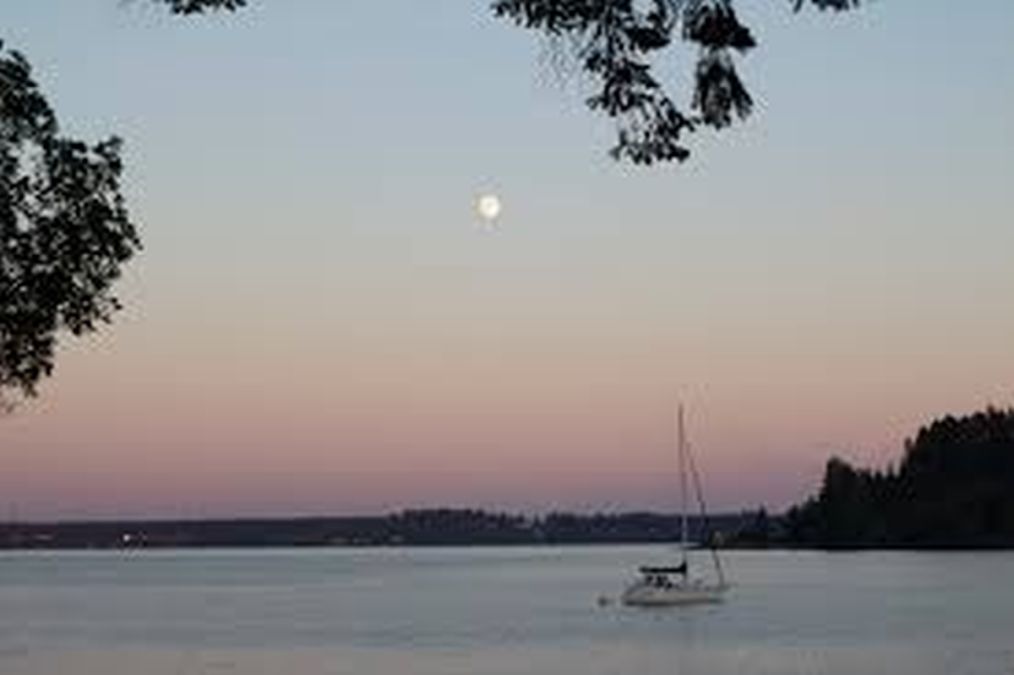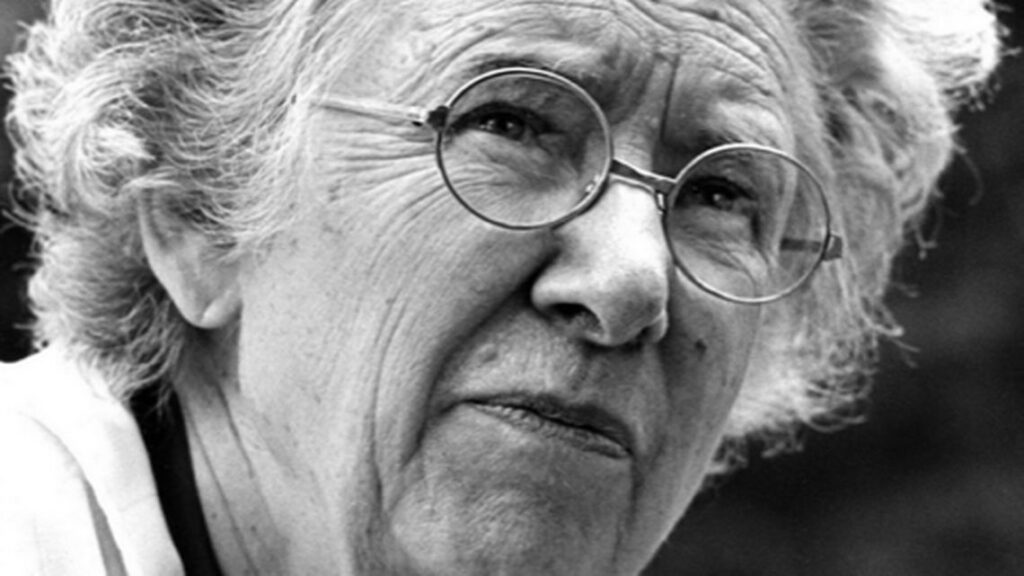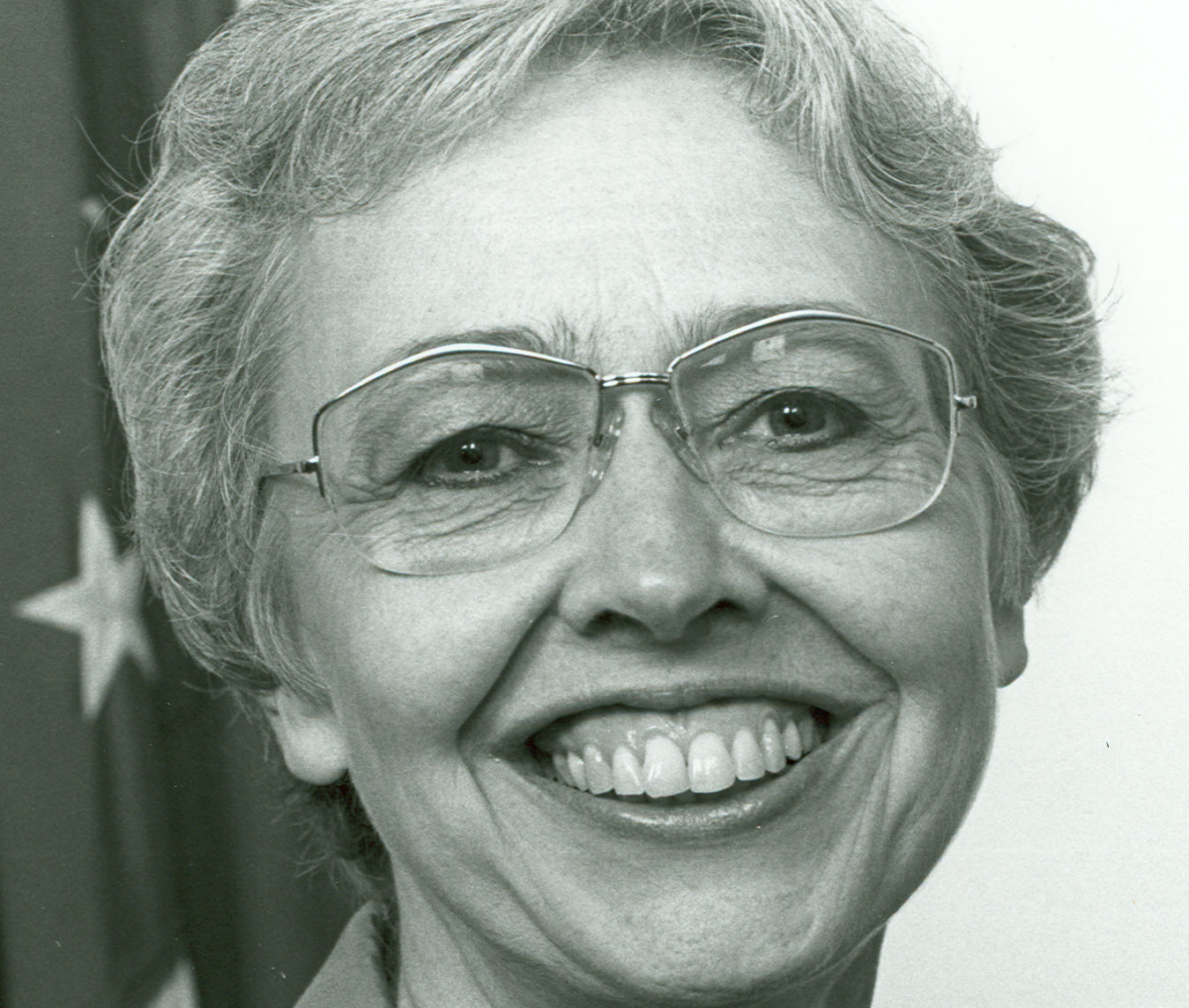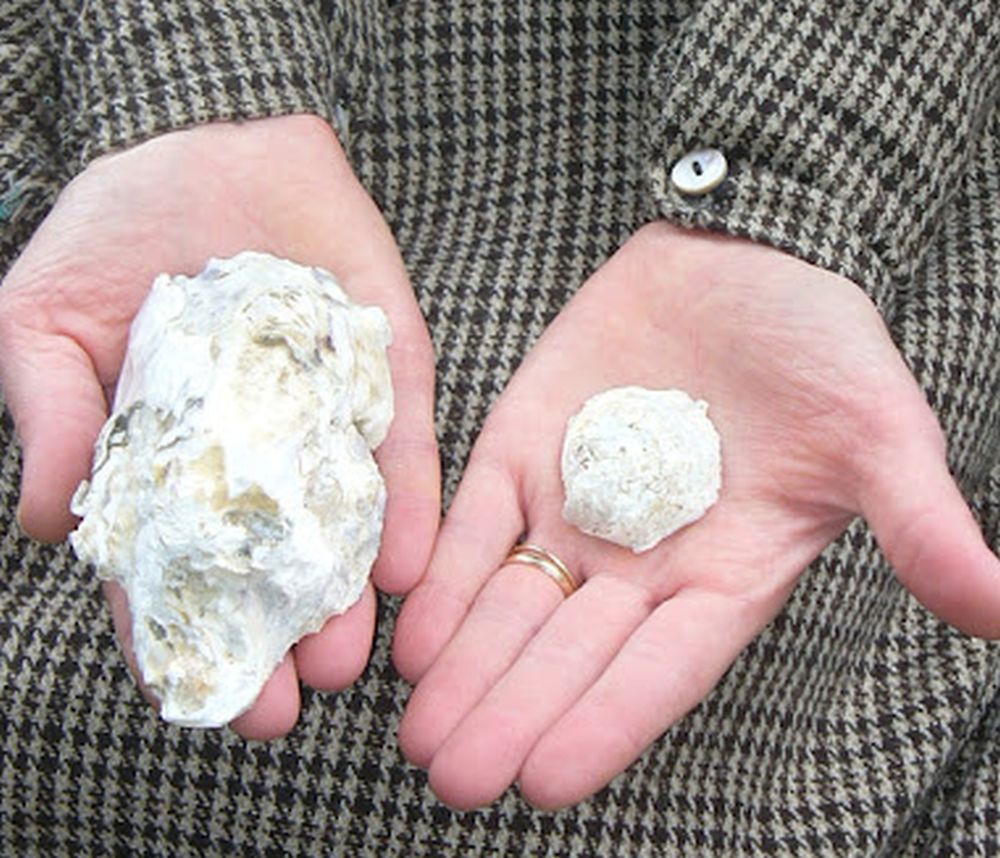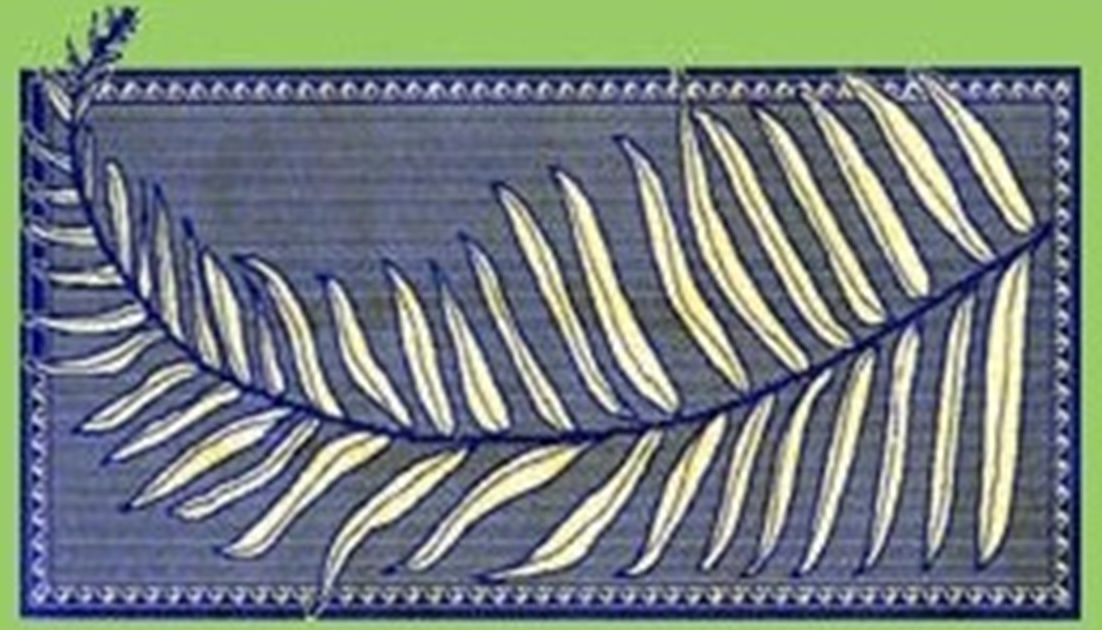A Fantasic Odyssey in Music – By Connie Bunyer
I arrived in the spring [of 1981] and didn’t really have a plan, just hoped the universe would take care of me. I had my guitar and my flute, headed to Percival Landing, and put out a hat. usking was slow that time of year, but a wonderful woman came by and offered to let me play in her coffee shop for tips and snacks: first gig, Café Intermezzo.
